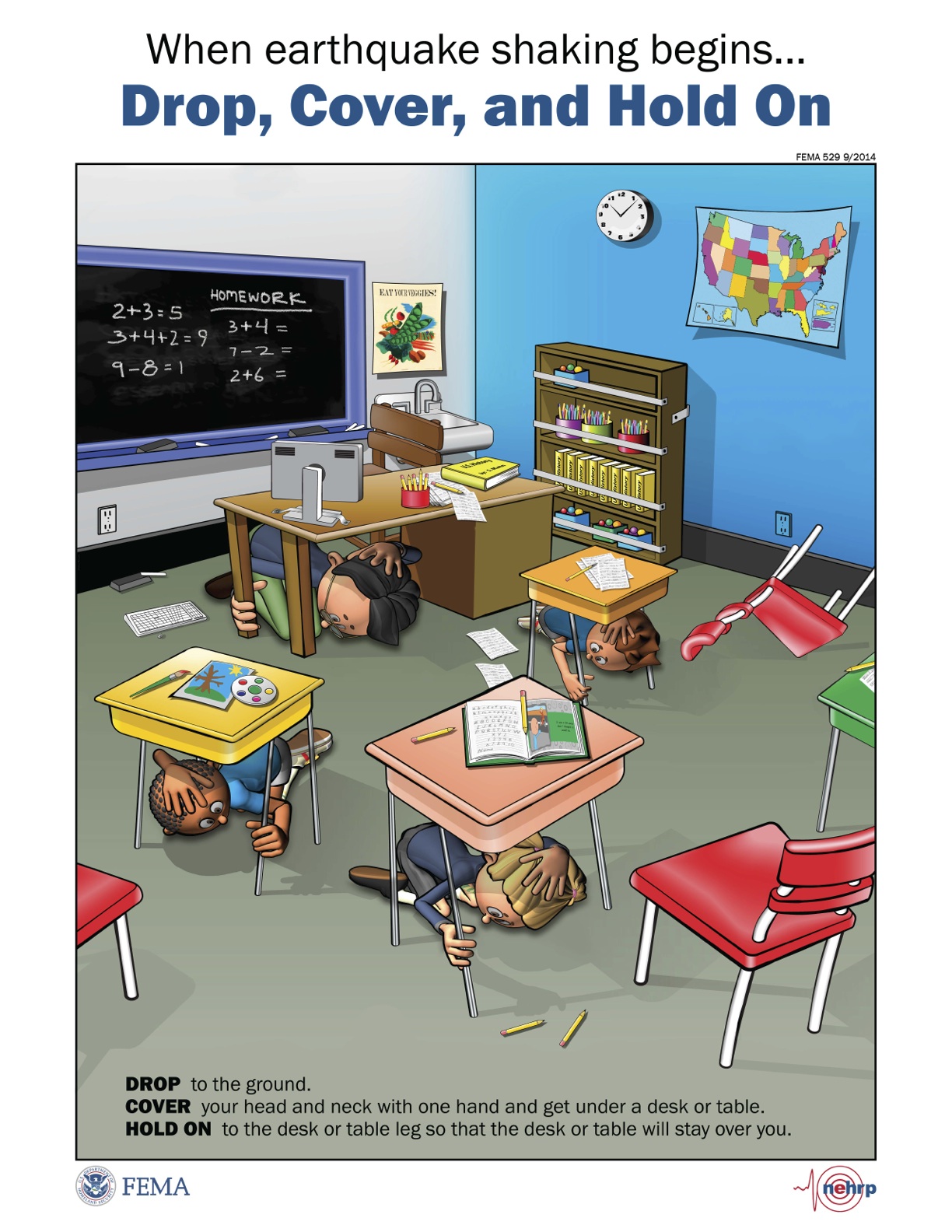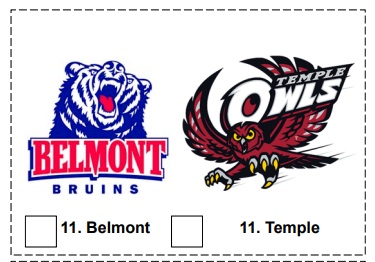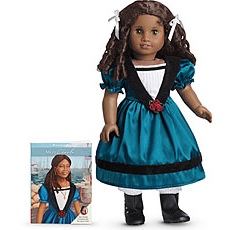For the past two months, this blog has focused on helping our children set and achieve goals. In January we discussed how to set SMART goals. Last month we addressed three ways to encourage our children to show persistence in achieving their goals. Of course, despite our and our children’s best efforts, occasional failure is inevitable. How we respond to our children’s failures makes all the difference and our reactions can either leave them stronger and more resilient or discouraged. This month, I will focus on how parents can help children cope with failures by using them as learning opportunities.
We should begin by realizing that there are different types of failure that require different responses. Parents must be able to identify different kinds of failure and help understand the differences between them. Additionally, we must tailor our reactions appropriately. If we respond to all of our children’s failures the same way, we will miss opportunities to help our kids learn important life lessons. This point is so significant that the Harvard Business Review devoted an entire issue to it (April 2011).
Among many excellent articles in that issue, one by Amy Edmondson, “Strategies for Learning from Failure,” is particularly germane to parenting. Ms. Edmondson begins by noting that there is a continuum of reasons for failure, ranging from the unacceptable to the praiseworthy. She identifies nine different reasons for failure, which can be grouped into three basic categories. 
Preventable failures
To paraphrase using parenting language, the first category is “preventable failure in known situations.” In these cases, a child knew what was expected to be successful but did not do what was expected or required. Typical examples include failing to complete school assignments on time, failing to study for tests and failing to complete chores, such as caring for pets. As parents, we should not assume, especially with younger children or introducing children to new situations, that the failure is due to willful misconduct on the part of the child. First, we should make sure that our children understand procedures, such as how to prepare effectively for a test. Second, we should ensure that our expectations are clear — that pets are to be fed twice a day. A variety of tools can help our children avoid these kinds of failures, including the use of task checklists, calendars and to-do lists. As we discussed last month, we should acknowledge and reward our children’s efforts to do better and judiciously reward their successes when they occur. “Preventable failure” provides an opportunity for children to learn organizational skills and accountability — important life skills.
Goals that spin out of control
The second type of failure can best be categorized as “goals that begin well and spin out of control,” usually due to the goal’s complexities and unanticipated circumstances. For example, a teenager may decide to start a summer lawn care business. Though well-intentioned, she fails to consider how to transport the lawn tractor and keep it fueled. She also fails to plan for the backlog that occurred after a week of rainy weather. Halfway through the summer, this otherwise capable and responsible teen has to abandon her new business. How should her parents respond to this failure? The root cause was a lack of planning and foresight. The most helpful response to this situation would be to help the teen learn to better prepare and plan, especially for unforeseen circumstances. Situations like this present a wonderful opportunity to teach children some good business planning and management skills, which will be of obvious benefit in the future.
Stretch assignments
The third topic of failure can be categorized by what Ms. Edmonson refers to as “stretch assignments,” a common business term. This type of failure results from experimentation, such as a child’s enrollment in an advanced class at school or a tryout for a varsity team. How should we respond when our children fail to make the team or make the grade, despite their best efforts? Certainly we must not react negatively when children fail in these situations, but rather reward them with praise for their efforts, empathize with their disappointment and, most importantly, encourage them to keep trying. With each failure, our children learn more about themselves— their talents, their strengths and, in some cases, their limitations. As Ms. Edmondson noted in her HBR article, scientists know that failed experiments yield valuable information. Eventually, with our support, our children will find their passions and areas in which they excel. As Winston Churchill stated, “Success is stumbling from failure to failure with no loss of enthusiasm.”
My goal is to help us change the way think about failure, and our reactions to it. As parents, we may be concerned that if we do not respond to our children’s failures with a form of disapproval we will encourage mediocrity, however we should understand that experiencing failure is part of the human experience, and provides opportunities to learn, improve and do better the next time. At the beginning of her article, Ms. Edmondson notes this: “Learning from failure is a mantra, but few organizations do it well.” Let’s not make the same mistake as parents.
 Paul LeBuffe is the Director of the Devereux Center for Resilient Children in Villanova, PA, whose mission is promoting the resilience of all children and the adults who care for them; he will be contributing to this blog on a monthly basis. More information on promoting resilience can be found at the center’s website.
Paul LeBuffe is the Director of the Devereux Center for Resilient Children in Villanova, PA, whose mission is promoting the resilience of all children and the adults who care for them; he will be contributing to this blog on a monthly basis. More information on promoting resilience can be found at the center’s website.






